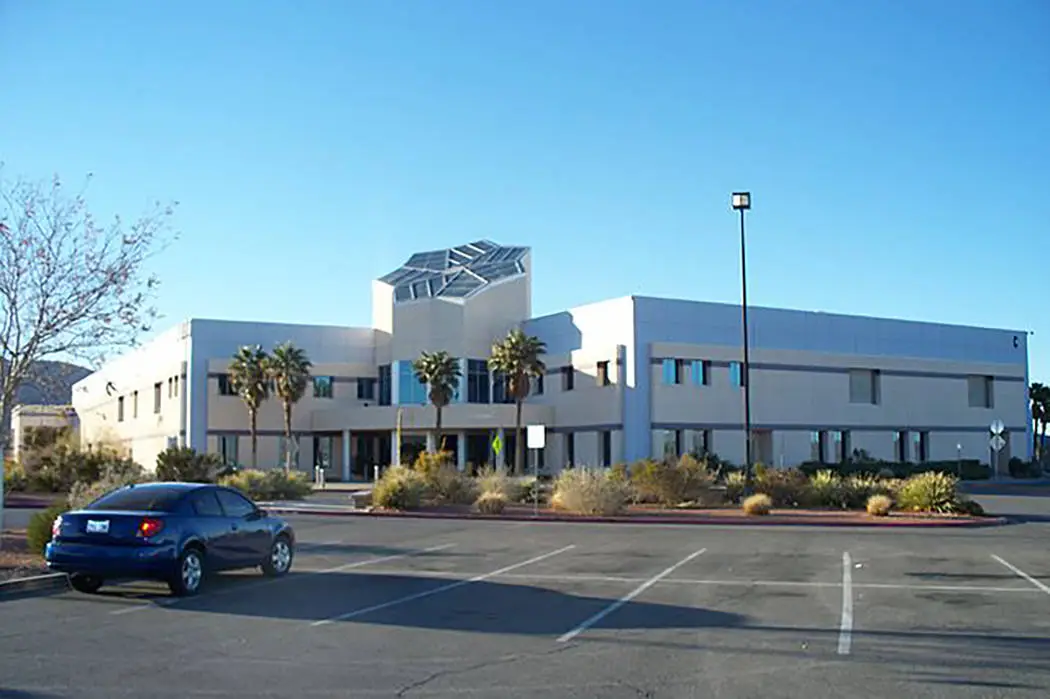There are excellent educational alternatives to the regular universities and colleges if you are a graduating senior or perhaps you need a career change. Many people are starting to realize the many advantages of attending a career college rather than devoting a lot of time and resources to the traditional higher educational institutions of learning. One of the significant advantages is the current curriculum for modern occupations, which results in a meaningful career and highly sought-after talents after graduation.
Vocational programs offer specialized training for many of the most significant jobs and positions currently accessible, including;
Clinical medical assistant, medical office management, medical billing, medical office administration, medical administrative secretary, private investigation, computerized office and accounting, sports medicine technologist
In essence, the level of specialization obtained after graduation is the primary difference between a vocational college in Las Vegas and a university. More specifically, the institution will offer its students courses on various subjects, some of which may or may not be pertinent to their choice of future vocation.
Additionally, while some classes are electives, allowing students to concentrate on their primary areas of interest, others are required for all specialties. The vocational schools, on the other hand, do not require any courses that are not firmly related to the future profession of your choice. Universities are considered to be flexible in this regard, but trade schools are thought of as being constrictive. Nothing, however, prevents students from pursuing their careers without the burden of extraneous skill sets.
You can anticipate that the vocational school will be substantially less expensive than the universities in terms of tuition. The length of the course is the primary factor in this explanation. It’s also crucial to remember that the government contributes to the cost of vocational training programs since they help those less fortunate in the workforce. Additionally, fully subsidized technical institutions are even cheaper compared to their private equivalents. On the other hand, this is not to argue that people with a better living standard cannot benefit from this type of education.
Universities’ educational initiatives are geared toward increasing students’ knowledge of areas like literature, social sciences, and philosophy in addition to practical ones. However, the vocational school only instructs its pupils in the practical aspects of their chosen career and the moral standards that govern its practice. Therefore, it all comes down to whether you have a practical inclination and want to start your profession as soon as possible or whether you have an application in liberal sciences. This decision is also related to whether or not enrolling in university courses will improve your capacity for performing your job.
Whether you pursue more degrees in your specialty or not, university education can take four or more years. In contrast, a traditional vocational school education lasts for two years. The elimination of all study topics extraneous to the students’ job path is the only reason this teaching style requires less time than its university counterpart to dispel any misconceptions regarding the level of knowledge associated with vocational schools.
In contrast to traditional institutions, there is little to no waiting time when attending a vocational college, which is another crucial advantage. Given the difficulty of getting into the best conventional universities, the waiting list is much longer for applicants.
Instead of waiting so long to achieve such ephemeral goals, you can rapidly enroll in a career college and graduate in the shortest amount of time with the most in-demand abilities! This holds for people who need to change careers or jobs; the ideal place to seek is trade schools, where you can complete any program of your choice as quickly as possible and be ready for excellent pay and plentiful employment options.



